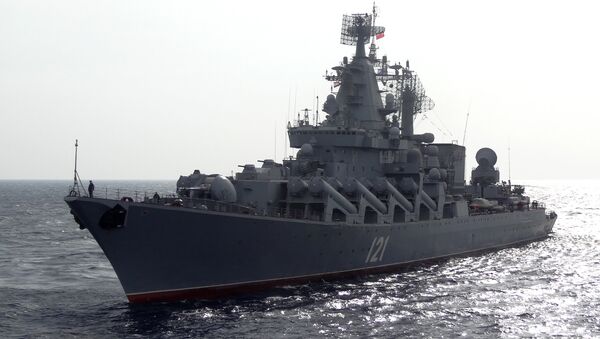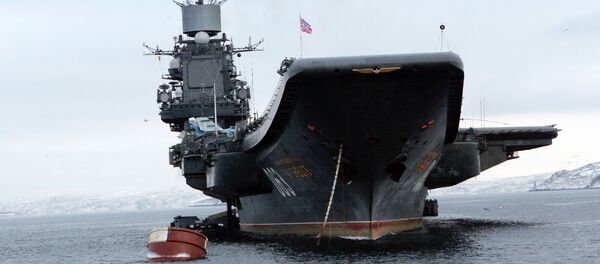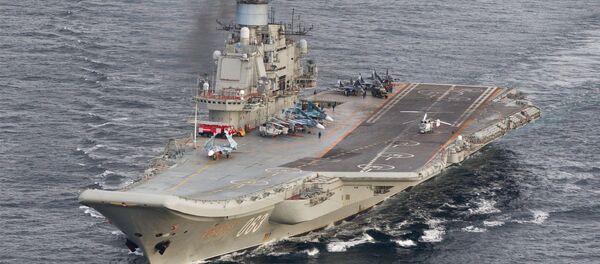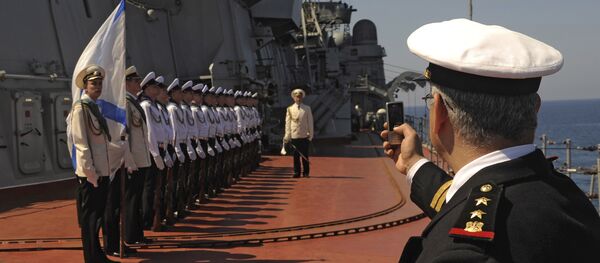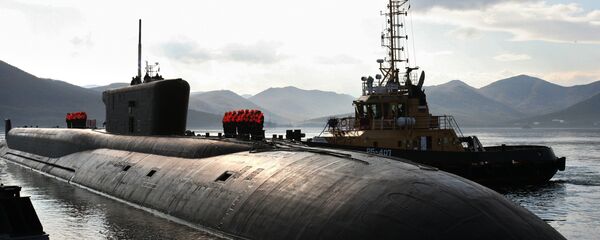Comeback to the Mediterranean
Currently there is a "great replacement" underway in the region, with Moscow eyeing access to naval bases in Libya and Egypt, a report by French military and defense publication Très Très Urgent read. This indicates Russia’s resolution to take back once lost positions in the Mediterranean.
In exchange for weapons supplies, Mediterranean countries are ready to grant access to their ports to the Russian navy, according to the report. In addition, the Russian Defense Ministry is in talks on getting access to naval air bases, particularly, an airfield in the Egyptian town of Sidi Barrani.
The report did not provide detailed information on the conditions proposed by Russia. According to TTU, Moscow does not want to take bases on lease. Their infrastructure could be used for parking and refueling Russian ships. Nevertheless, if the talks are successful Russia will have a chance to establish a permanent military presence in the Mediterranean Sea.
French analysts said that such a scenario cannot be ruled out. The possible military and diplomatic success is already solidified by a good relationship between Russian President Vladimir Putin and Egyptian leader Abdel Fattah el-Sisi. At the same time, Moscow is rebuilding ties with Tripoli. TTU estimates that Russia and Libya may strike a $1.6 billion weapon supplies deal, including aircraft, tanks and missile defenses.
Backup and Assistance
Rebuilding military presence in the Mediterranean is one of the goals written in a new edition of Russia’s maritime doctrine. It is noteworthy that the updated version of the document was unveiled two months before Russia launched its military operation in Syria.
Russia’s naval forces are deployed off the Syrian coast on a rotational basis, thus de-facto there is a permanent Russian naval presence in the Mediterranean.
Preliminary agreements with other countries on the use of their ports facilitate preparation for long naval operations, especially providing backup and assistance in the event of a force-majeure situation. This is why Russia is now in talks with Morocco, Algeria, Libya and Egypt. The four North African countries cover 90 percent of the south Mediterranean coast.
Tartus Naval Facility
After the collapse of the Soviet Union, Russia’s only facility in the Mediterranean was a navy supply base in Syrian Tartus.
Analysts say that Russia will use the Tartus base as the centerpiece of its military activities in the Mediterranean Sea. Last year, Krasukha electronic warfare systems and S-300V4 missile defenses were deployed near the base.
Experts suggest that Moscow may also deploy to the area additional anti-aircraft systems as well as Bal and Bastion coast-based anti-ship systems.
Ramping up the offensive component and deploying Russian warships to Mediterranean ports will play the key role for providing security for Russia’s naval force in the region.
Rivaling the United States
The Russian Navy has in service over 30 large warships, 21 amphibious ships as well as over 50 submarines, including 16 submarines carrying ballistic missiles and 15 submarines armed with cruise missiles.
At the same time, the Mediterranean Sea is dominated by the US Six Fleet headquartered in Naples, Italy. On a rotational basis, the region is patrolled by one-two aircraft carriers, dozens of warships and submarines. Moreover, unlike Russia, the US military can conduct landing operations in the region.
According to military expert Vadim Soloviev, Moscow takes significant political and military advantage of cooperation with Cairo and Tripoli.
"Egypt and especially Libya were hit hard by the Arab spring endorsed by the US. They welcome cooperation with Russia to counter US hegemony," Soloviev told RT.
The expert noted that if the talks with Mediterranean countries are successful Russia will significantly bolster its positions in the region. He also suggested that this can give Russia leverage over NATO.
"Russia is not going to build permanent bases in the Middle East in order to prevent fueling tensions with NATO. Permanent bases are also too expensive for Moscow. But the Russian navy wants to be sure that its ship can always receive assistance at friendly ports," Soloviev said.
Never miss a story again — sign up to our Telegram channel and we'll keep you up to speed!
